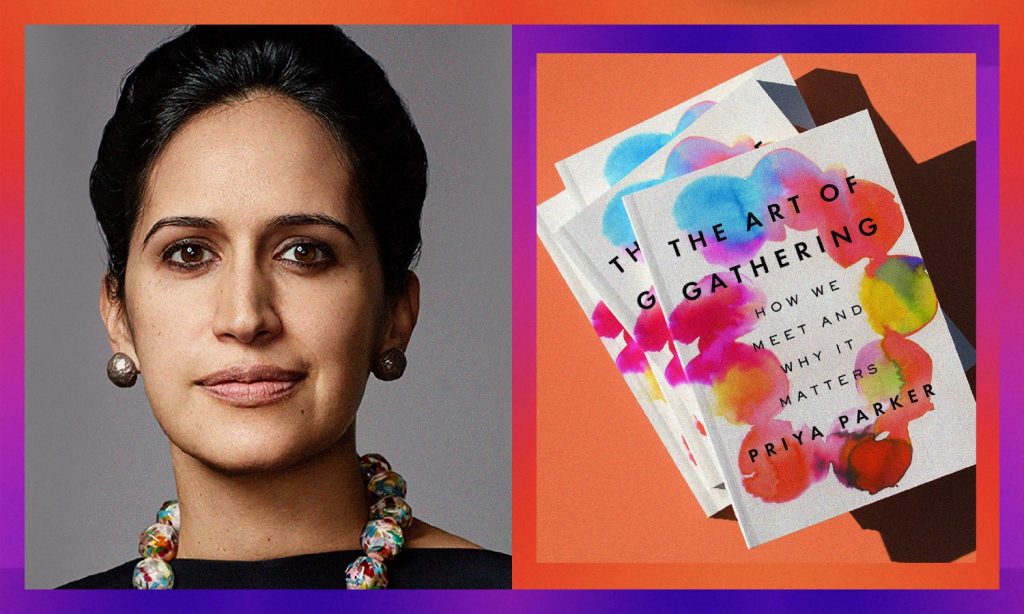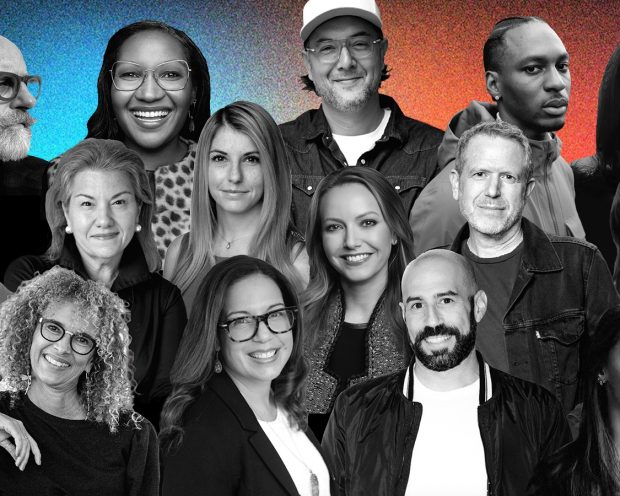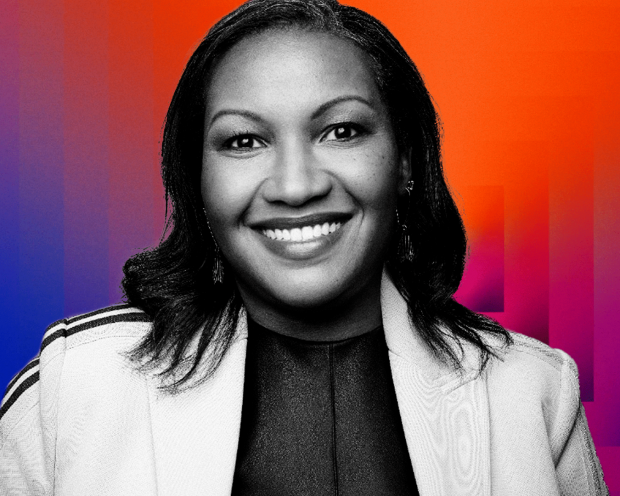At the beginning of Covid, XP Land Erica Boeke and Priya Parker, the author of "The Art of Gathering" and host of the New York Times podcast, "Together Apart," had a wide-ranging conversation about what it means to "guest," the ubiquity of Zoom amid the pandemic and how we can all gather better. It brings us all back to a terrifying time, but many of the lessons of great gathering still apply. First, why do your podcasts make me cry? Well, I hope because there's something in the journey or the questions of the characters that relate to what you also are seeking. We’re always intrigued by where people do their calls and meetings during COVID times. As for you, we’ve heard you mention that sometimes you head to your closet for better sound. Tell us more about where you do your calls and video calls… Like, where are you right now? Right now I'm doing this call from my kids’ bedroom. I do my podcast calls from a small closet with a lot of towels and comforters around me, in part to get the best sound because we're not doing this in a studio. We're doing everything remotely. So...



